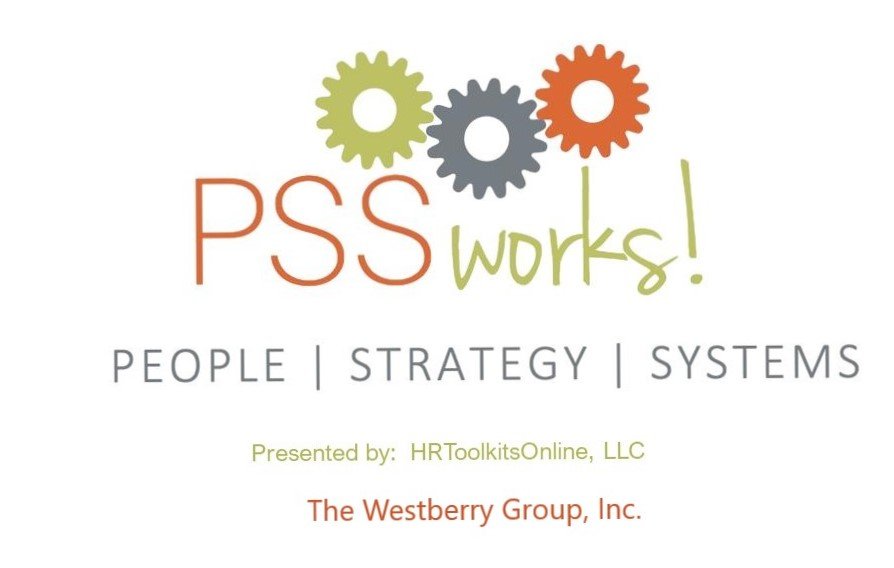Welcome Fall 2021!
When our workplace world got turned upside down by the COVID19 pandemic, I think we all expected life to be back to “normal” by now. Well, here we are about eighteen months later and we’re still in a learn-as-you-go mode.
Experts (whoever they are) tell us we’re on the right trajectory to come out of this last chaotic round of stuff that COVID19 has thrown at us by the end of the year. Others say we may be in it for a while longer.
Though we haven’t heard much from the Occupational Safety and Health Administration (OSHA) about the regulations for mandated vaccination or testing for private employers with 100+ employees, many of you are already taking steps to do what you believe is appropriate to keep your workplace safe.
As we touched on in our last newsletter, Re-Onboarding, the mandate of mandatory vaccination stirs personal, political, and societal feelings that can spill into the workplace. So, when employees’ feelings run deep – or even shallow – on one subject, it can lead to tension in their professional interactions.
As front-line managers, you will face the brunt of the frustration, but you can get ahead of conflict if you build your strategies now. Here are a few more ideas that will help you to not only survive, but thrive.
Continue to encourage your employees to stay positive and pull together. Remind them of all they’ve accomplished, and take time to celebrate the small victories.
Smooth the transition from urging vaccinations to mandating. Be more available and hands-on during the transition, and demonstrate your commitment to all employees’ well-being.
Recognize the divide. Right now, employees are pretty evenly divided on the issue of mandated vaccinations and in some cases, feelings are running high. Regardless of where your employees’ beliefs lie, your responsibility is to maintain civility between co-workers and to intervene if things get a little heated. Remind employees that not everyone will have the same opinion, but regardless of differences they’re expected to treat each other with respect. Give them opportunities to speak as friends and encourage them to "agree to respectfully disagree and find a civil middle ground.”
Stay calm and pass it on. The best way to gain and maintain workplace harmony is to practice it. Exude empathy and compassion for everyone involved. When front-line managers take that approach, others almost always follow suit.
So, what’s next? Who knows? But I do know the seasons will continue to change, we’ll continue to get more “new stuff” to deal with, and we’ll continue to be here to help you adapt to whatever comes our way.

